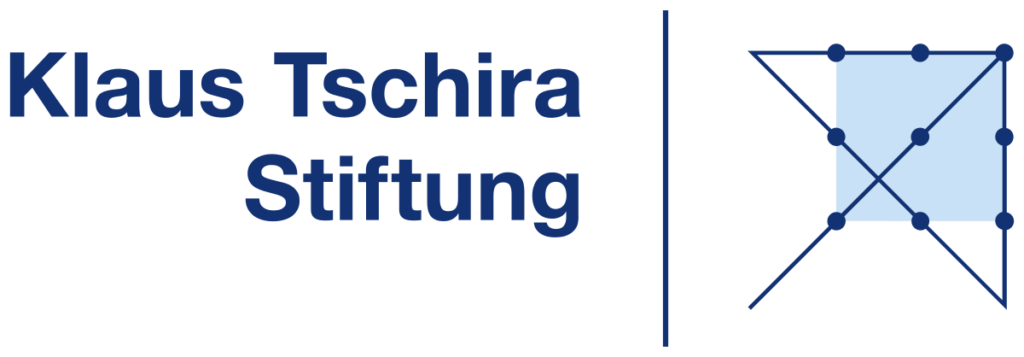At HeiGIT (Heidelberg Institute for Geoinformation Technology), we envision a better society and environment through the advancement of open geoinformation and geoinformation technology. We provide research and development to support decision-making in sustainable mobility, humanitarian aid, and climate action, all underpinned by big spatial data analytics and machine learning.
Founded in 2019 as a non-profit organization, HeiGIT is an affiliated institute of Heidelberg University. Under the scientific lead of Prof. Alexander Zipf, we strive to create impactful solutions that address real-world challenges.
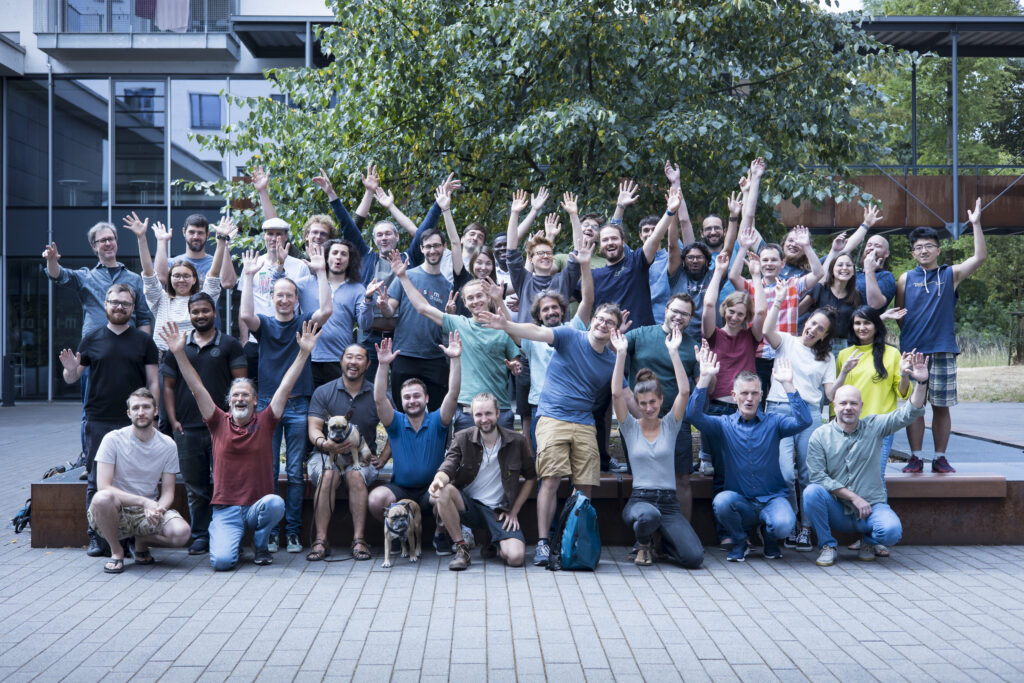
Our founding principle—translating knowledge and technology from fundamental geoinformatics research into practical applications—continues to guide our efforts.

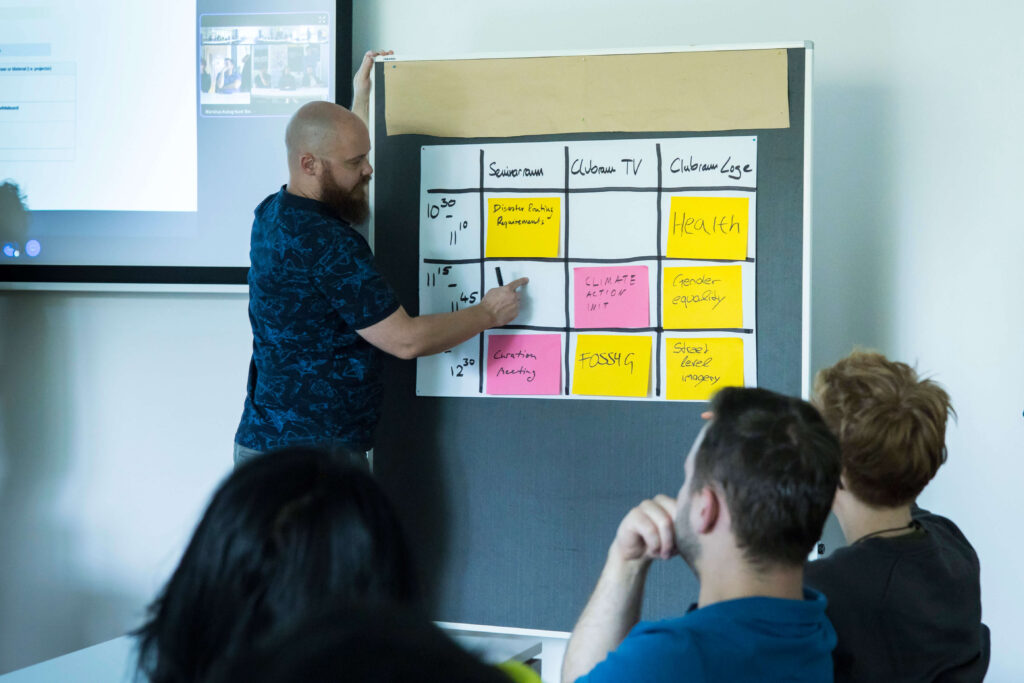
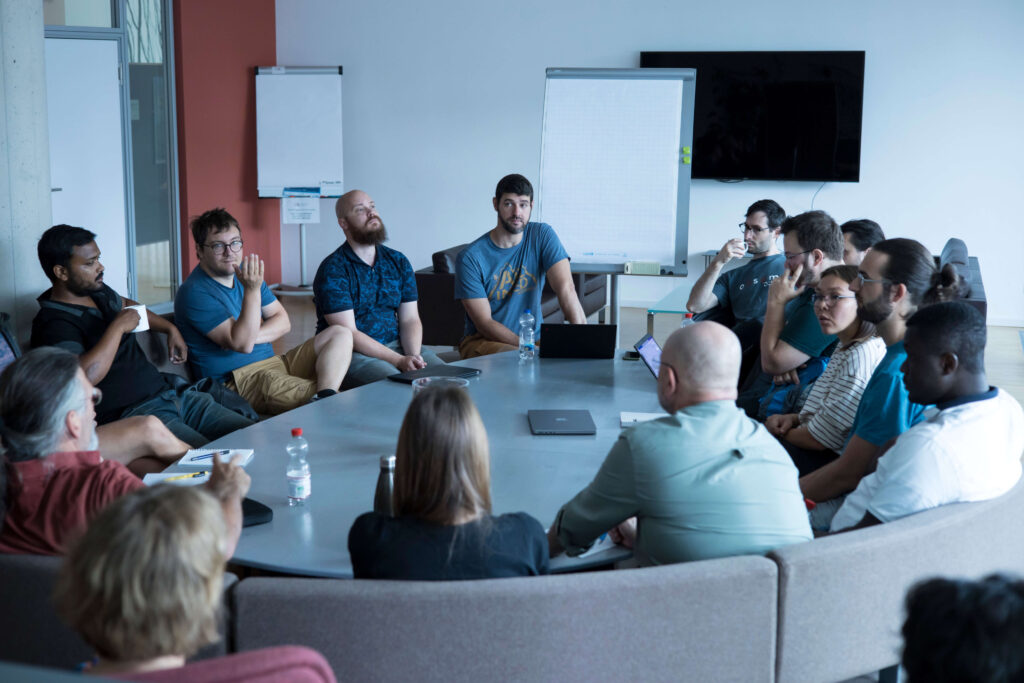
The foundation of our journey was laid when HeiGIT was founded in 2016 as a three-year research project, driven by a vision to bridge the gap between geoinformatics research and the needs of society and the environment.
Today, we remain committed to this vision, with our approach rooted in the principles of open data, open methods, and open technology. Guided by these values, we collaborate closely with partners to develop state-of-the-art geoinformation technologies.
openrouteservice goes global
SeptemberEstablishing the “Heidelberg Institute for Geoinformation Technology (HeiGIT)” as a Heidelberg University project
Partnership with Humanitarian OpenStreetMap Team (HOT)
NovemberPartnership with German Federal Agency for Cartography and Geodesy (BKG)
Release of OSMlanduse web application
FebruaryLaunch of the ohsome OSM History Analytics Platform
Founding of HeiGIT as a non-profit institute
SeptemberHeiGIT & GIScience Research Group host HOT Summit 2019 and State of the Map 2019
JulyPartnership with German Red Cross
Partnership with Anticipation Hub
Introduction of Open Healthcare Access Map
AprilLaunch of ohsome Dashboard
Launch of HeiGIT Disaster Portal
Launch of ohsomeNow Dashboard
OctoberEstablishment of a new focus group on Climate Action
Release of the global Road Surface Dataset
Launch of the Climate Action Navigator
An important aspect of our work has been the close collaboration with the GIScience Research Group at Heidelberg University.
This partnership allows us to combine the latest academic research with technology development,
translating findings from basic research into real-world applications. By remaining at the intersection of research and application, we enable decision-makers related to our focus areas to benefit from the latest advancements in geoinformatics.

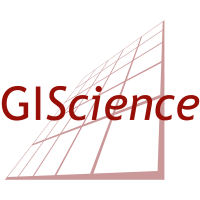

Our work has evolved from a few initial projects into a set of continuing services & technologies.
From services that assist humanitarian efforts to indicators that aid in climate mitigation, we are continuously expanding the ways in which geoinformation can make a difference.
By developing our services based on open, globally available geodata—such as OpenStreetMap, Mapillary, and more—we can create adaptable and impactful solutions for communities around the world.
